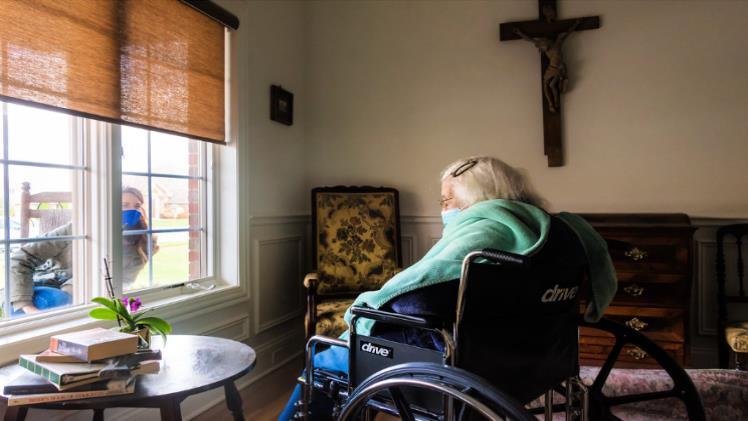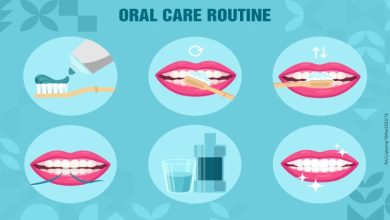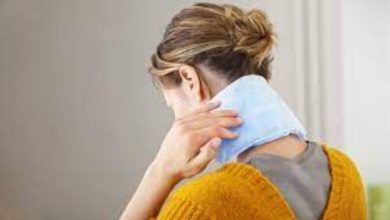What is the Most Common Type of Nursing Home Abuse?

Nursing home abuse is a grave issue that plagues the elderly population, especially those who are dependent on others for their primary care. Among the various forms of abuse experienced in nursing homes, some are more prevalent than others. It’s crucial to understand and recognize these forms of abuse to safeguard the well-being of our elderly loved ones. This article explores the most common type of nursing home abuse and sheds light on how a New Jersey sexual abuse lawyer can help in such unfortunate scenarios.
Types of Nursing Home Abuse
Physical Abuse
Physical abuse is one of the most reported forms of nursing home abuse. It entails the use of physical force against a resident, which may result in bodily injury, pain, or impairment. This abuse includes actions such as hitting, shoving, slapping, or even misuse of restraints.
Emotional and Psychological Abuse:
Emotional and psychological abuse is another common type of abuse in nursing homes. This abuse can be verbal or non-verbal, aiming at demeaning, humiliating, or intimidating the resident. It can result in severe emotional distress, anxiety, depression, and other mental health issues.
Neglect
Neglect occurs when the resident doesn’t get their basic needs met, including food, water, medicine, hygiene, and safety precautions. It’s a pervasive problem that often goes unreported due to the subtle nature of neglect.
Sexual Abuse:
Sexual abuse is a heinous crime that unfortunately occurs in nursing homes as well. It involves non-consensual sexual interaction of any form with a resident. The perpetrators could be staff members, other residents, or visitors.
Financial Exploitation
Financial exploitation includes unauthorized use of a resident’s finances or assets. It is a growing concern, with perpetrators often being those trusted with the care of the older person.
The Role of a New Jersey Sexual Abuse Lawyer
In cases of sexual abuse, contacting a New Jersey sexual abuse lawyer is an essential step towards justice. These lawyers have specialized knowledge in handling such sensitive cases. They can help victims and their families understand their rights, gather necessary evidence, and represent them in court to ensure the perpetrators are held accountable. Moreover, having legal assistance can significantly help in navigating the complex legal landscape surrounding nursing home abuse.
Preventing Nursing Home Abuse: Prevention is the cornerstone of ensuring the safety and well-being of nursing home residents.
Here are some steps to avoid nursing home abuse:
Research and Choose Reputable Nursing Homes:
Conduct thorough research before selecting a nursing home for your loved one. Look for facilities with good reputations, positive reviews, and low reported abuse rates.
Regular Visits and Communication
Maintain regular communication with your loved one and visit the nursing home. Your presence can act as a deterrent to potential abusers and will allow you to notice any signs of abuse early on.
Educate Your Loved Ones
Educate your elderly loved ones on the different forms of abuse and ensure they know how to report any incidents. Encourage open communication so they feel comfortable sharing any concerns with you.
Know the Signs of Abuse
Be aware of the signs of abuse, such as unexplained injuries, changes in behavior, or financial discrepancies. Early detection can prevent further abuse.
Advocate for Your Loved Ones
Advocate for the rights and well-being of your loved one, and ensure that the nursing home staff is adequately trained and monitored.
Legal Protection
Having a legal advocate can also act as a preventative measure. In the unfortunate event of abuse, a lawyer can guide you through the process of reporting the abuse and seeking justice.
The issue of nursing home abuse requires collective awareness and action. While engaging a New Jersey sexual abuse lawyer and pursuing legal action is essential, prevention is equally important. By taking a proactive approach, we can create a safer and more nurturing environment for our elderly loved ones in nursing homes.





